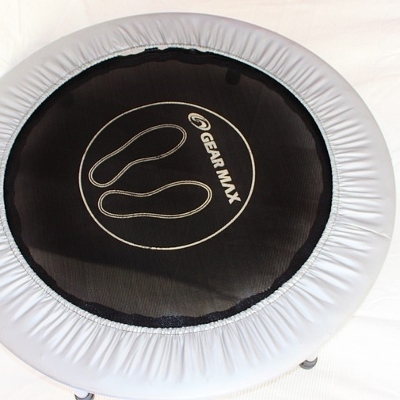 Most people have heard of the Mediterranean Diet, but beyond the extensive use of olive oil, what else does it involve? One compelling aspect of this diet is that it doesn’t advocate food deprivation or eccentric eating habits. Indeed, until it came to the attention of health-conscious consumers, no one advocated the diet; it was just a typical diet for those living in the Mediterranean.
Most people have heard of the Mediterranean Diet, but beyond the extensive use of olive oil, what else does it involve? One compelling aspect of this diet is that it doesn’t advocate food deprivation or eccentric eating habits. Indeed, until it came to the attention of health-conscious consumers, no one advocated the diet; it was just a typical diet for those living in the Mediterranean.
The diet emphasizes the use of fats that are good for you, as well as use of vegetables, fruits, seafood, legumes, and grains. A key difference between this diet and the “typical Western†diet is the relatively low consumption of red meat, having red wine during meals, and the consumption of cheese and yogurt instead of milk.
Although most people go on diets to lose weight, the primary benefits of the Mediterranean Diet come in the form of protective properties against heart disease based on the high consumption of omega-3 fatty acids (found in fish), while vegetables and fruits provide an antioxidant boost that protects against cancer and heart disease. In addition, the diet improves insulin sensitivity and cardiovascular health.
In contrast to conventional diets, the diet doesn’t advocate a low-fat approach. Instead, the fats that are used in cooking (in moderation), such as olive oil and nut oils, and the oils contained in the fish consumed, are considered more healthful options that can be used without fear. Due to its apparent non-diet approach, most people would find it easy to adhere to the diet over the long-term and enjoy the health benefits and attending weight loss.
Moreover, milk doesn’t play a big role in the Mediterranean diet, hence the need to include yogurt and cheese to ensure that your daily calcium requirements are met. Of course, to minimize the risk of breast cancer, the consumption of red wine should be moderate which means 1 to 2 glasses daily.





